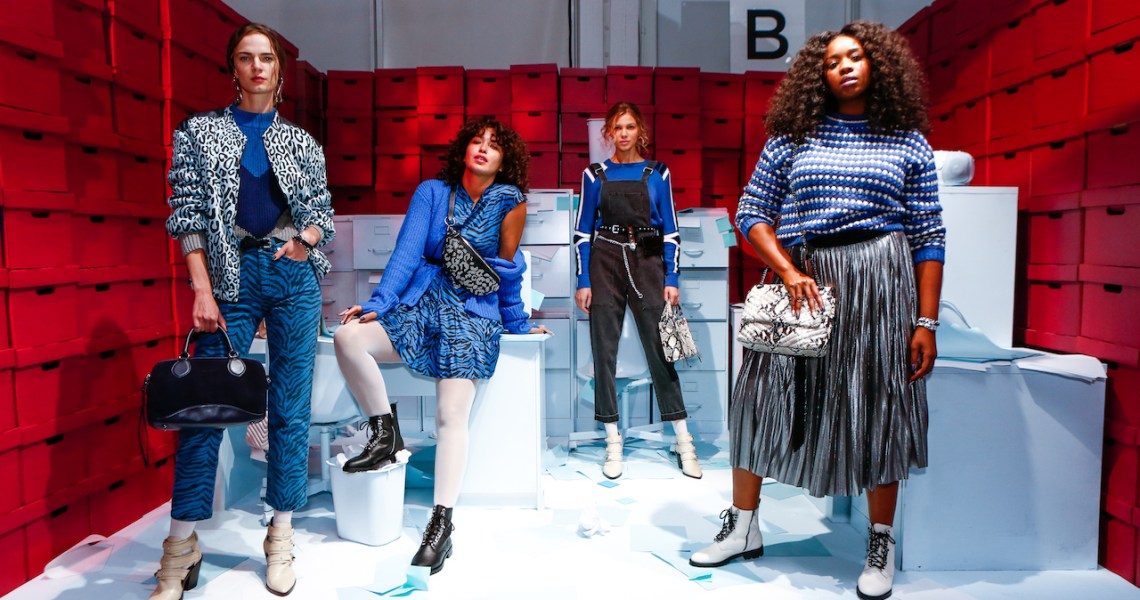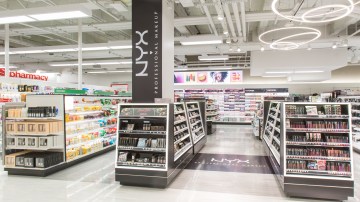On nearly any e-commerce site today, you can find a familiar pop-up. “Take 15% off your first order when you sign up for our mailing list.” It’s a tactic so common that it’s become practically invisible — even to the brands that use it don’t always pay attention to its use. But the pandemic has made this common tactic even more important.
Brands are seeing more of their business moving online — with a 42% year-over-year increase in e-commerce sales across retail in August — and the ability to convert online users to customers has become more important as number of available sales channels declines.
Dagne Dover offers 10% off a first purchase when signing up for its email list. Deepa Gandhi, co-founder and COO of Dagne Dover, said it’s one of a few discounts the brand offers to acquire customers, along with an ongoing discount of 20% for veterans and teachers that was expanded to health-care workers when the pandemic began.
“It’s table stakes now,” Gandhi said. “We’ve had it basically since we started, although we didn’t for the first month or two. If I go to another brand’s site and I don’t see it, I notice.”
Aaron Luo, CEO of bag brand Caraa, said that usage of the brand’s 10% off discount for new customers has grown since the pandemic began. In 2019, 60% of first-time customers used the discount. Since the pandemic began, he said that number has gone up to 75%. For Luo, it’s an important step in getting new customers over the hump for the initial purchase. It also works to build up the audience database, so that Caraa can continue the post-purchase relationship. Luo said the brand has put a lot of investment in the post-purchase phase and is currently shopping around for a CRM platform to help manage it.
“If you asked me about post-purchase six years ago, I would have given you a cookie-cutter answer,” Luo said. “We send some emails and stuff. But now I think you need to be a lot more tailored and relevant. ‘Hey, we’re dropping another style in two weeks, and we think you’d like it based on your past purchases. Here’s free shipping on it,’ or something like that. That’s super important and you need to start the relationship to be able to do that.”
Rebecca Minkoff, designer of her eponymous brand that offers 15% off a first order when signing up for an email list, said that the discount has been an important way to cater to the flood of new site traffic since the pandemic began. She said she’s seen a 50% increase in site traffic since March and has invested in multiple ways to keep the post-purchase relationship going, and collecting a customer’s email address is a crucial step.
“We have almost 20,000 customers on our text message list through a company called Attentive,” Minkoff said. “We’ve done Instagram Lives and box promos and giveaways. All of those together have brought in waves of new customers to the site, so having a little incentive to get them to purchase and join our mailing list is great.”
Building up an audience through email lists is important for brands in their quest for more first-party data, with Google phasing out the use of the third-party cookie over a two-year period. Brands need these direct connections to retarget customers.
Not every brand gets the same level of return from this discount, however. Amber Tolliver, founder of Liberté which offers customers 10% off a first order when signing up for its email list, said that even though she’s had the discount in place for years and considers it important, barely any new customers use it.
“We do it because everyone does it,” Tolliver said. “We’re still a young brand, and it is really helpful to build up our audience for the few people who use the discount. And it’s easy to do. It doesn’t cost that much and if some people use it, it’s still worth it to me.”
The discount has become so ubiquitous that Luo, despite the success it’s brought Caraa, wondered if it might be setting a bad precedent for consumers.
“I don’t really know if there’s any truth to this, but I do sometimes feel like if every brand offers a discount on the first order, are we training the customer to not shop a brand if they don’t have that? Or does that impact their second purchase that doesn’t have a discount? I don’t have any data on that but, as a brand CEO, it is something I worry about.”




